Kothin Chibor Dan, a traditional practice deeply rooted in the cultural fabric of certain communities, holds a significant place in the social and economic spheres of these societies. This article delves into the origins, practices, importance, challenges, and ways to preserve this age-old tradition.
Understanding the Tradition and Its Origins
Historical Context
The roots of Kothin Chibor Dan can be traced back to ancient times when communities relied heavily on mutual support and cooperation. It emerged as a way to strengthen social bonds and provide assistance in times of need.
Cultural Significance
Embedded within the cultural ethos of specific regions, Kothin Chibor Dan symbolizes unity, generosity, and solidarity. It reflects the communal spirit and shared responsibility ingrained in the traditions of these societies.
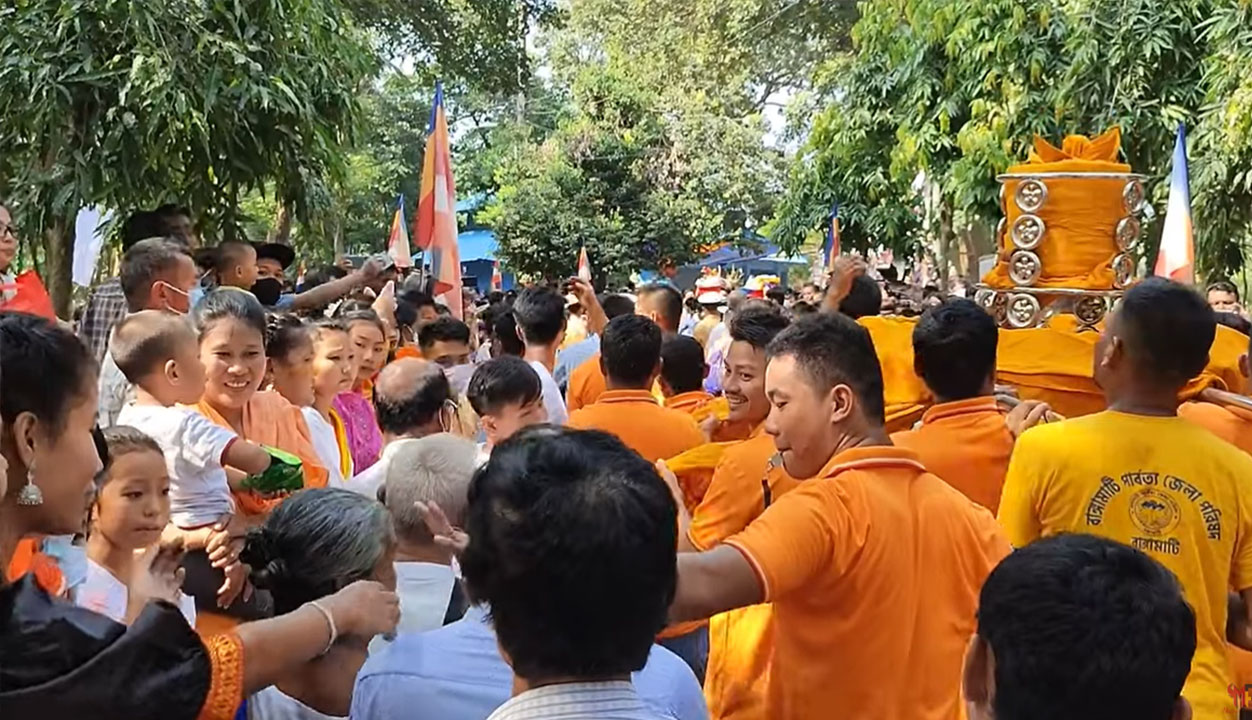
The Practice of Kothin Chibor Dan
Who Participates?
Members of the community, irrespective of social status or economic standing, actively engage in Kothin Chibor. It is a collective effort that involves the entire village or neighborhood coming together to support each other.
When and Where Does It Take Place?
Kothin Chibor Dan usually occurs during significant life events such as weddings, childbirth, or during times of agricultural activities. These occasions serve as the backdrop for the exchange of support and assistance.
How Is It Carried Out?
Participants contribute resources, labor, or monetary assistance according to their means and capabilities. This collective effort ensures that no individual or family faces hardship alone, fostering a sense of unity and interdependence.
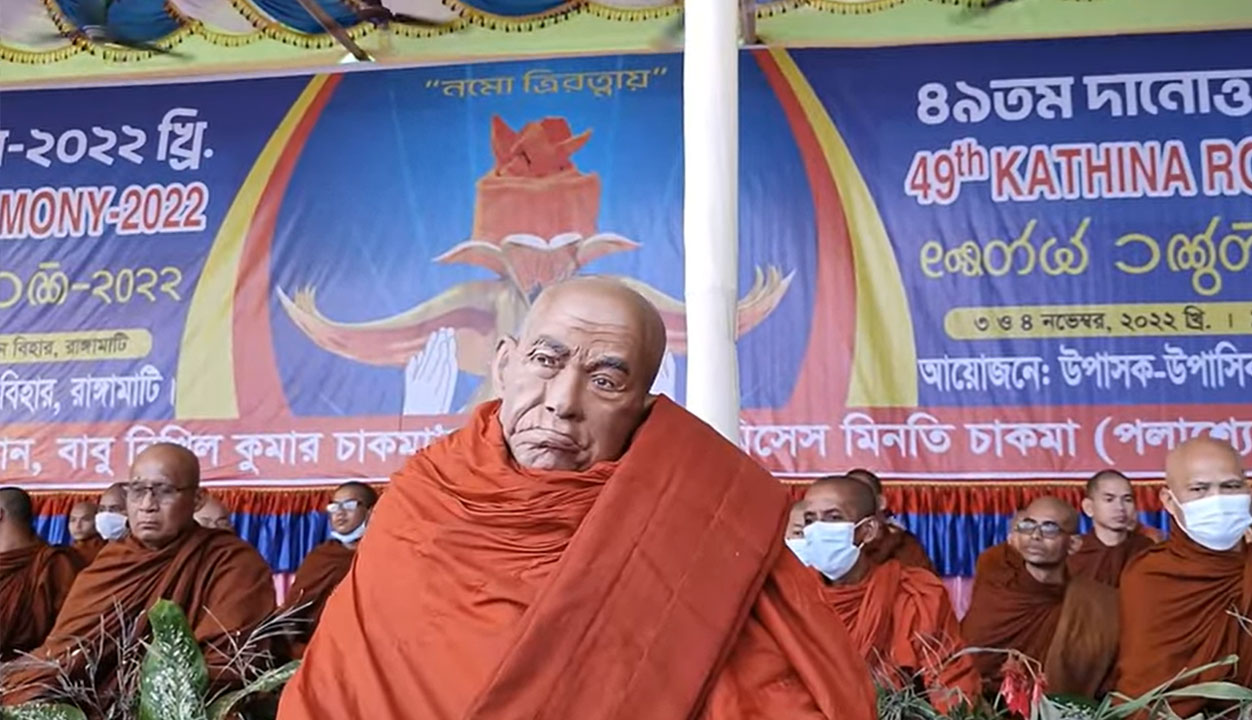
Importance and Impact
The best religious celebration of the Buddhist people group where “viksus” are given “chibor” or fabric to wear which the Buddhists accept as the best of all blessings.
This festival or celebration is commended with religious enthusiasm at Rangamati Rajban Bihara in the Rangamati slope locale. Buddhist people group from each of the three slope areas too numerous guests and vacationers from home and abroad accumulate at Rangamati Rajban Bihara zone to take an interest in the celebration. The explained timetable of this program incorporates Buddha puja, Ful puja, Sibli puja, encouraging the friars, astaporiskardan, taking Panchshil and Astashil and petitioning God for world peace.
Social Cohesion and Community Building
Kothin Chibor Dan plays a vital role in fostering social cohesion and strengthening community bonds. It reinforces the idea of reciprocity and mutual aid, promoting a sense of belonging and solidarity among members.
Economic Implications
From a socioeconomic perspective, Kothin Chibor Dan helps alleviate financial burdens and promotes equitable distribution of resources within the community. It serves as a safety net during times of crisis, ensuring that everyone has access to essential support.
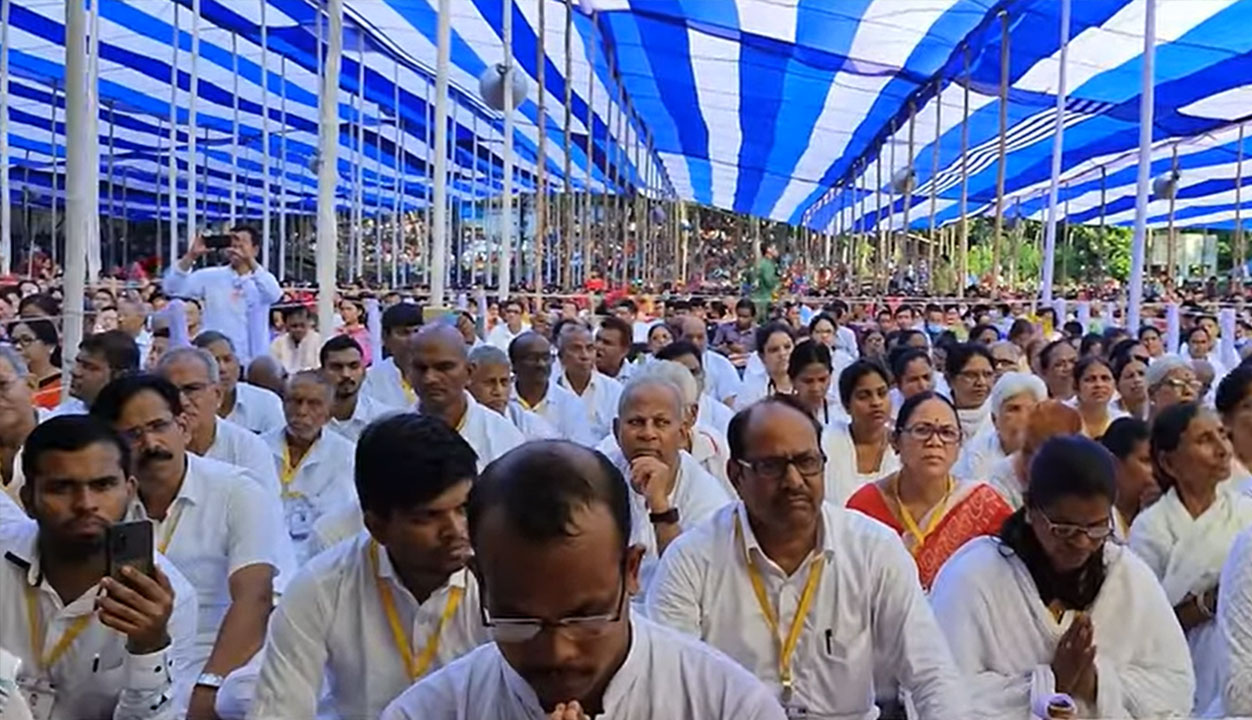
Challenges and Criticisms
Modernization and Changing Values
In the face of modernization and urbanization, traditional practices like Kothin Chibor Dan encounter challenges. Changing lifestyles and values pose threats to its continuation, leading to a gradual erosion of this age-old tradition.
Gender Dynamics
Critics argue that Kothin Chibor often reinforces traditional gender roles, with women bearing a disproportionate burden of caregiving and domestic responsibilities. Addressing gender inequalities within the practice is crucial for its sustainability and relevance in contemporary society.
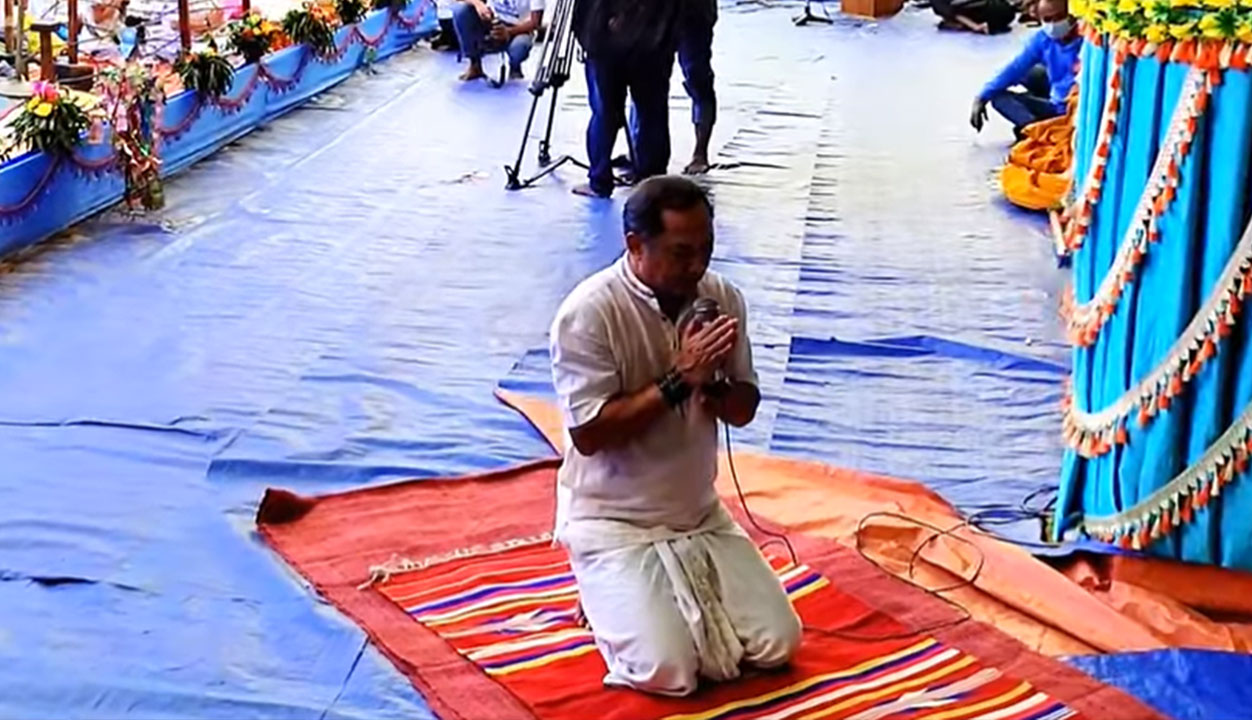
Preserving and Promoting Kothin Chibor Dan
Adaptation to Contemporary Contexts
To ensure the longevity of Kothin Dan, it must evolve and adapt to the changing needs and realities of modern life. Incorporating innovative approaches and strategies can help make the tradition more inclusive and sustainable.
Educational Initiatives
Raising awareness about the cultural significance and benefits of Chibor Dan through educational programs and initiatives is essential. By instilling a sense of pride and appreciation for their heritage, younger generations can be encouraged to uphold and carry forward this tradition.
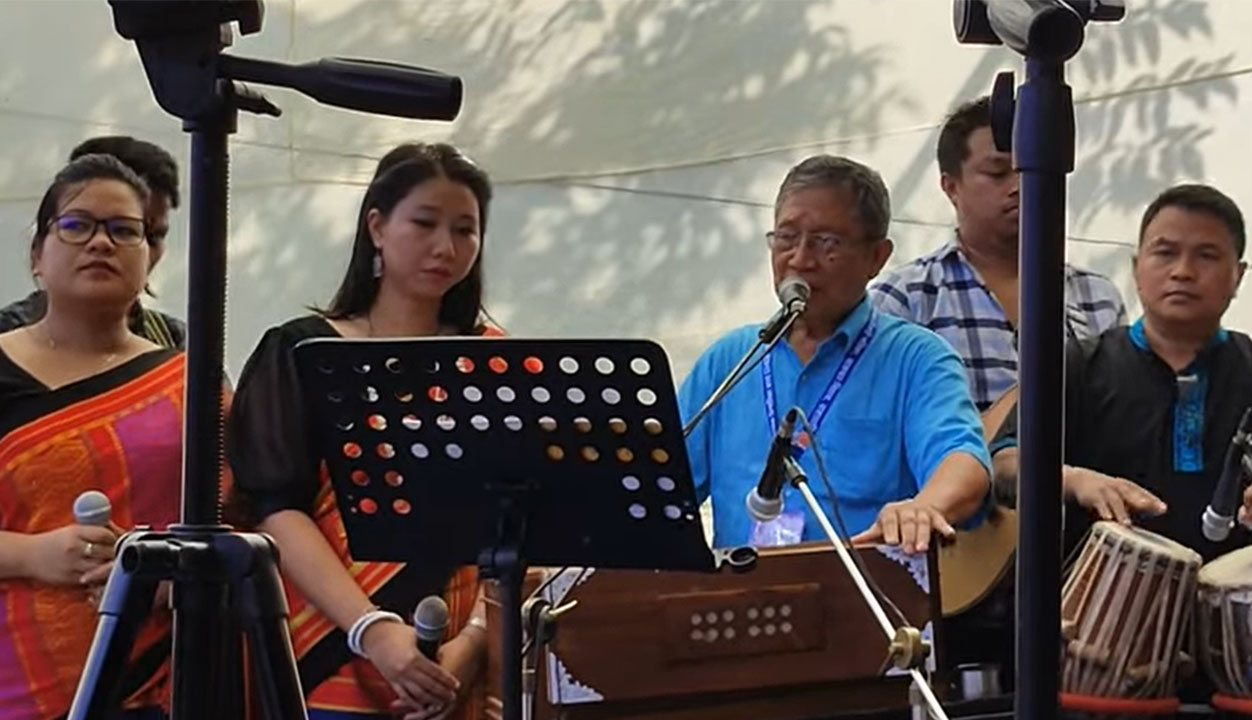
Conclusion
Kothin Chibor Dan stands as a testament to the strength of community solidarity and mutual support. While facing challenges in a rapidly changing world, its preservation and promotion are vital for maintaining the rich tapestry of cultural diversity and social cohesion.
FAQs
1. What is the significance of Kothin Chibor Dan in contemporary society?
Kothin Chibor Dan, a Buddhist tradition of offering robes (Chibor) to monks, holds deep spiritual and cultural significance even in contemporary society. Originating from the time of the Buddha, this ritual takes place after the three-month Vassa (rainy season retreat) when monks remain in monasteries to meditate and study. Today, its relevance can be observed in several ways:
- Fostering Community Bonds: The act of collective giving unites individuals, promoting harmony and shared purpose within the community.
- Preservation of Traditions: Kothin Chibor Dan helps sustain centuries-old Buddhist practices, keeping cultural heritage alive in a rapidly modernizing world.
- Promotion of Generosity and Mindfulness: The ritual emphasizes the Buddhist virtue of dāna (generosity), inspiring people to practice selflessness and compassion.
- Spiritual Fulfillment: Participants believe that offering Chibor to monks accrues merit (good karma), which leads to personal and collective well-being.
- Philanthropic Undertone: Beyond spiritual aspects, it supports the material needs of monks, enabling them to focus on their spiritual pursuits and community service.
2. How does Chibor Dan differ from other forms of community support?
Chibor Dan stands apart from other community support initiatives due to its spiritual foundation and symbolic meaning. Here are some key differences:
| Aspect | Chibor Dan | Other Community Support |
|---|---|---|
| Spiritual Purpose | Rooted in Buddhist teachings, aimed at generating merit and spiritual growth for participants. | Generally secular, focusing on immediate material or social benefits. |
| Cultural Significance | Preserves religious and cultural heritage unique to Buddhist communities. | Often lacks a religious or cultural dimension, focusing on societal progress. |
| Nature of Giving | Involves symbolic offerings (robes, alms) with deep spiritual meaning. | Can include monetary donations, volunteer work, or resources addressing broader needs. |
| Recipient Focus | Exclusively supports the monastic community to ensure their spiritual and material needs. | Targets diverse groups, including underprivileged individuals, schools, or hospitals. |
| Occasional Practice | Celebrated annually during specific periods tied to the Buddhist calendar. | Ongoing or project-based, often without fixed timing or spiritual rituals. |
In essence, while Chibor Dan is a spiritually infused tradition aimed at sustaining monastic life and fostering individual virtues, other forms of community support are generally broader in scope, focusing on social and humanitarian goals. Both, however, play a vital role in building cohesive and compassionate societies.


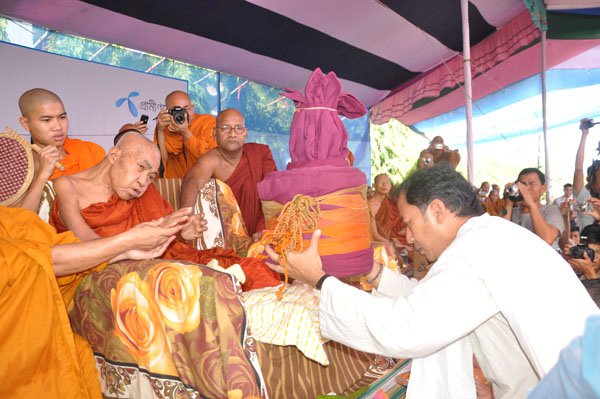
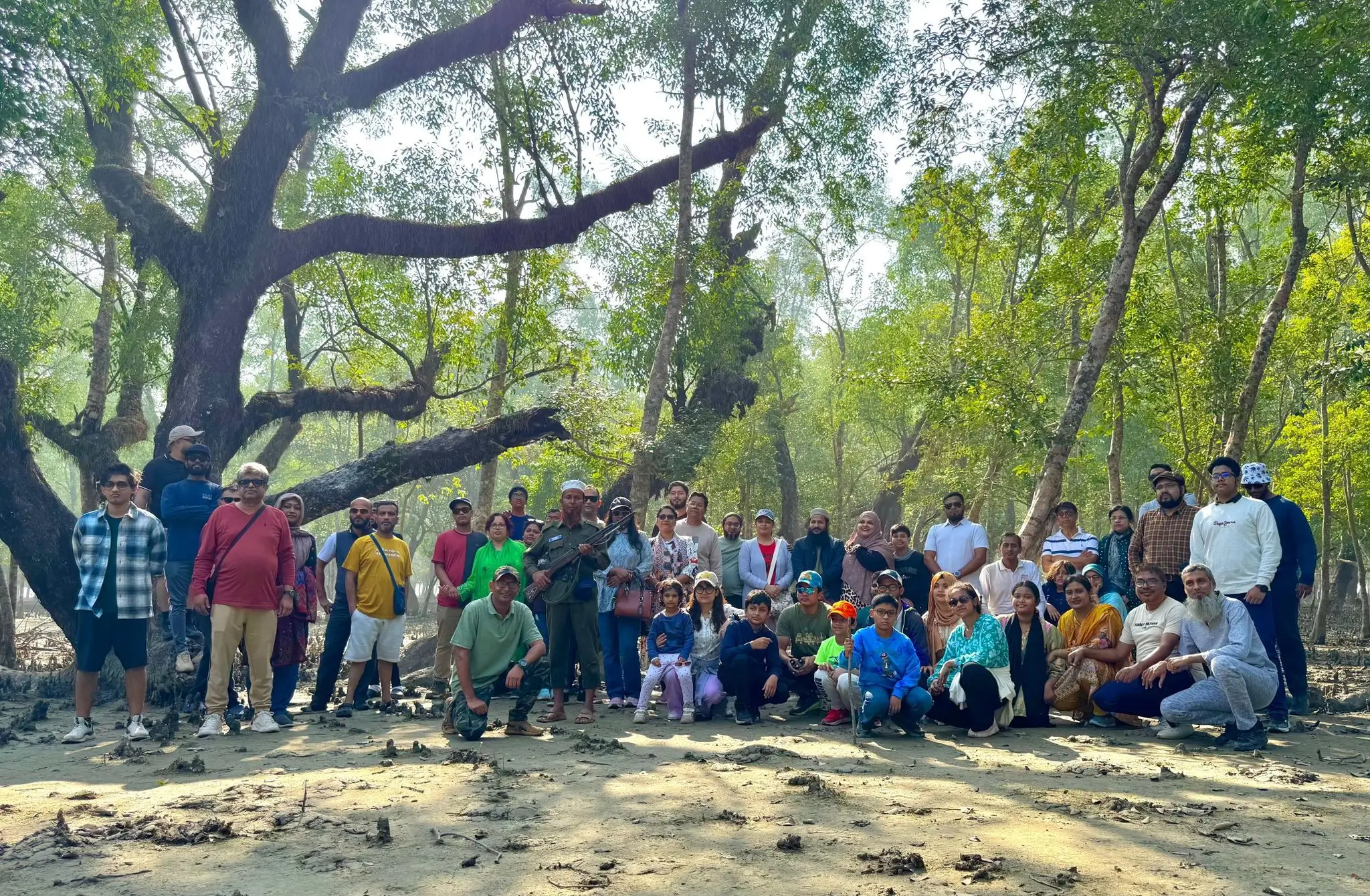
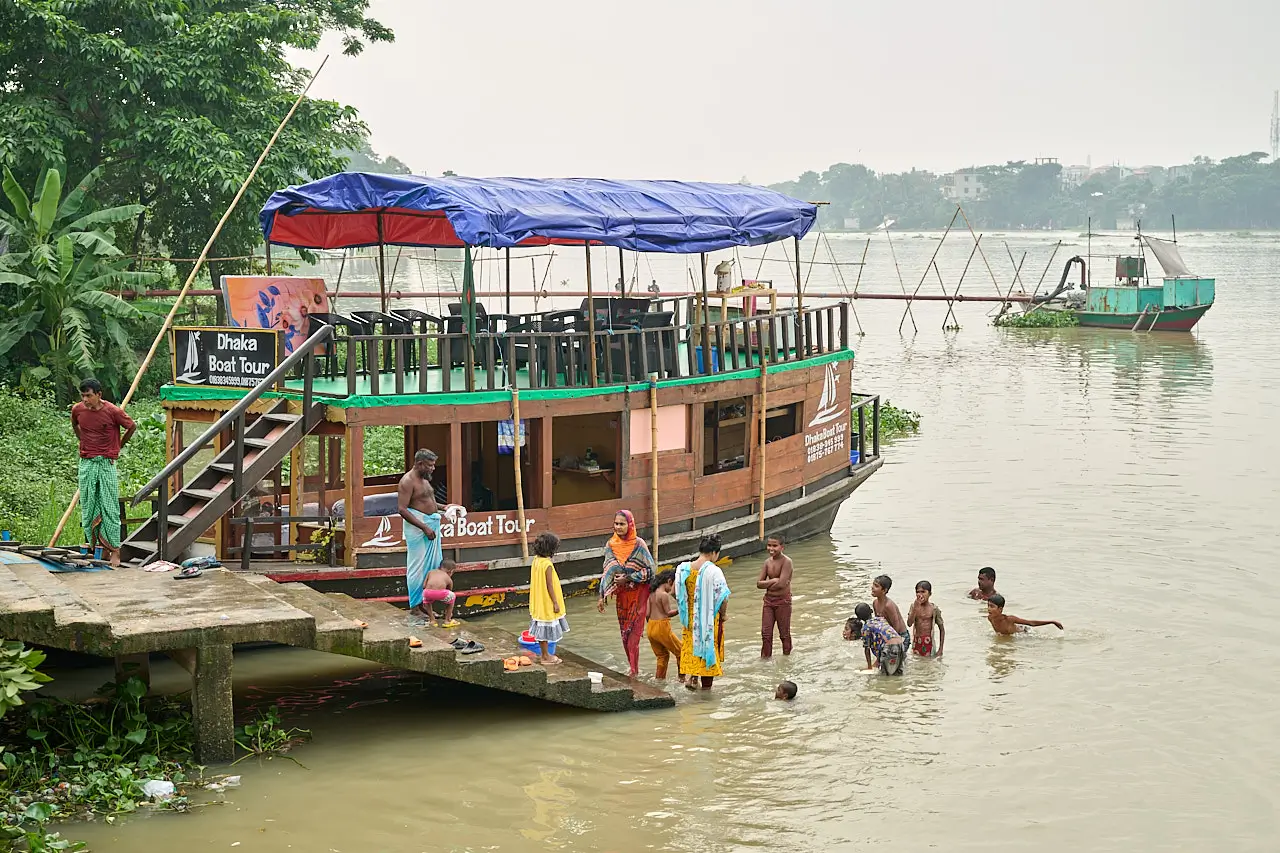

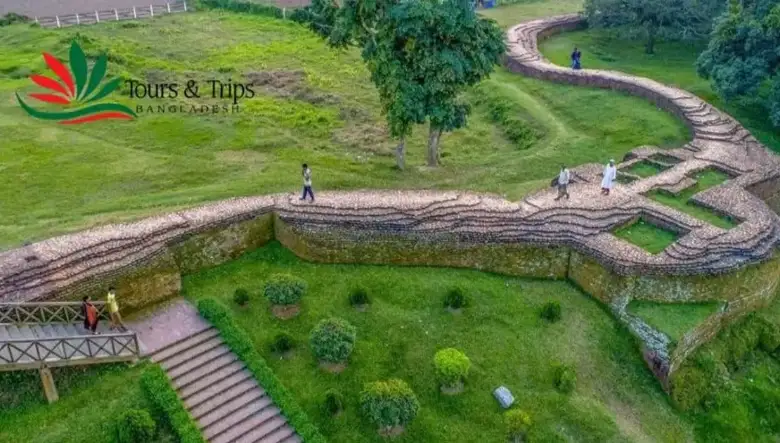




Comments